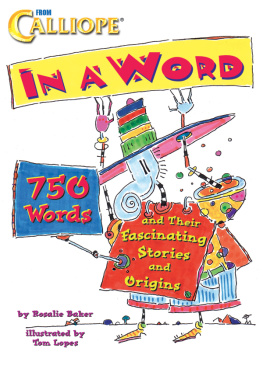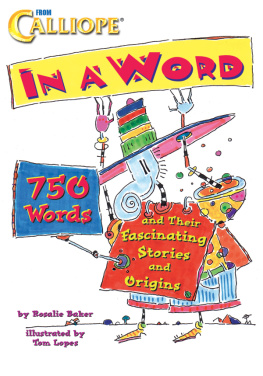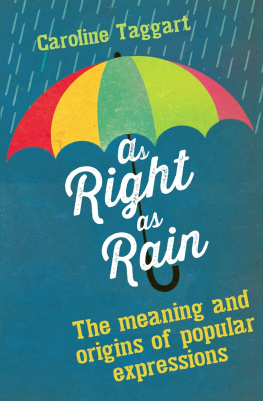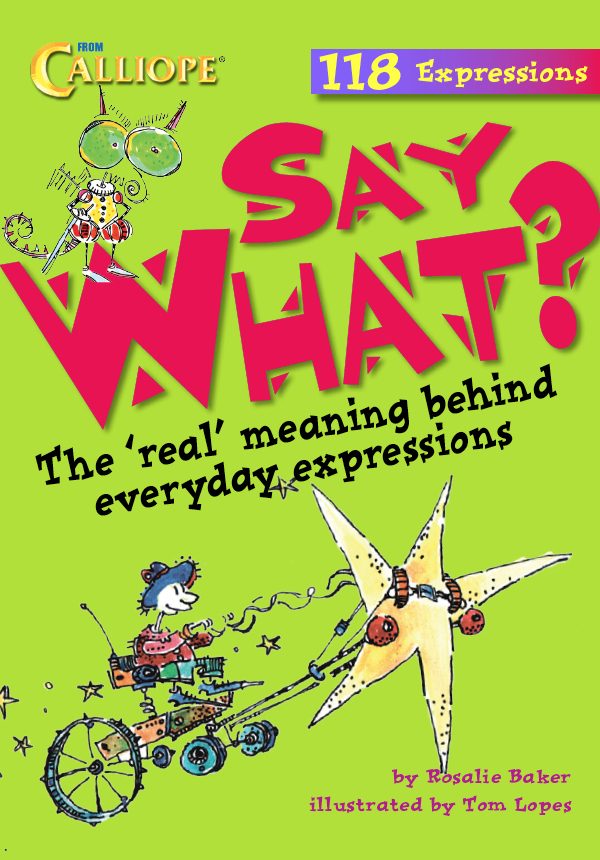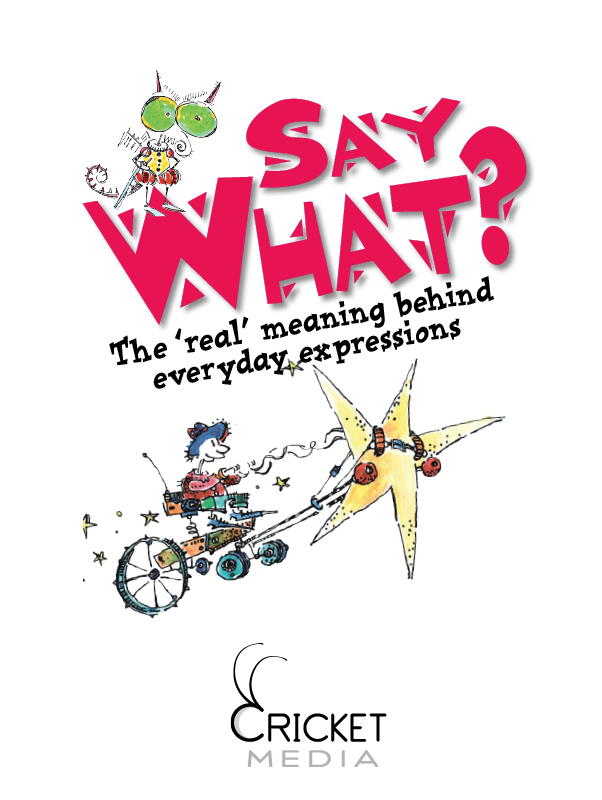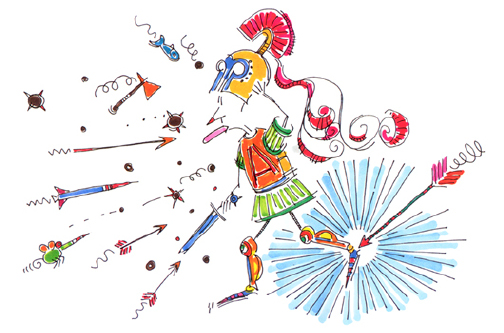Rosalie Baker - Say What?: The Real Meaning Behind Everyday Expressions
Here you can read online Rosalie Baker - Say What?: The Real Meaning Behind Everyday Expressions full text of the book (entire story) in english for free. Download pdf and epub, get meaning, cover and reviews about this ebook. year: 2012, publisher: ePals Publishing, genre: Religion. Description of the work, (preface) as well as reviews are available. Best literature library LitArk.com created for fans of good reading and offers a wide selection of genres:
Romance novel
Science fiction
Adventure
Detective
Science
History
Home and family
Prose
Art
Politics
Computer
Non-fiction
Religion
Business
Children
Humor
Choose a favorite category and find really read worthwhile books. Enjoy immersion in the world of imagination, feel the emotions of the characters or learn something new for yourself, make an fascinating discovery.

- Book:Say What?: The Real Meaning Behind Everyday Expressions
- Author:
- Publisher:ePals Publishing
- Genre:
- Year:2012
- Rating:4 / 5
- Favourites:Add to favourites
- Your mark:
Say What?: The Real Meaning Behind Everyday Expressions: summary, description and annotation
We offer to read an annotation, description, summary or preface (depends on what the author of the book "Say What?: The Real Meaning Behind Everyday Expressions" wrote himself). If you haven't found the necessary information about the book — write in the comments, we will try to find it.
Ever use the expression the big cheese? Perhaps a friend used that phrase to refer to you? Wonder who first used the expression . . . and why . . . and when? Well, read on, Say What? has the answersalong with fun-to-read histories of more than 100 expressions in common use today. Drawn from the popular CALLIOPE world history magazine for kids department Fun With Words, Say What is a fascinating read and a great source of fun facts for young readers interested in the roots and origins of expressions.
Rosalie Baker: author's other books
Who wrote Say What?: The Real Meaning Behind Everyday Expressions? Find out the surname, the name of the author of the book and a list of all author's works by series.

